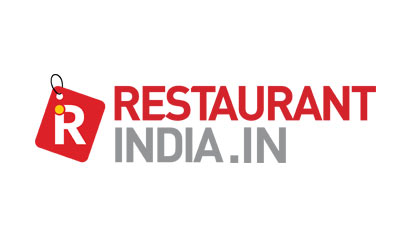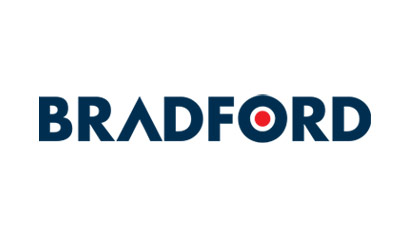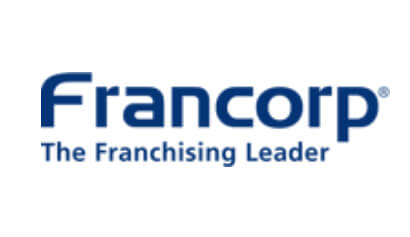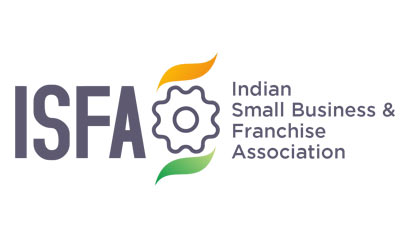To get access to over 10000+ Franchise Business Opportunities.
Network with the growing Business Community to get expert interventions to let you learn to Grow & Expand your Business with Franchising.
Franchising has become the preferred launch vehicle for a growing number of foreign companies. Let’s explore why do they stick to franchise model in India?
Foreign brands that can own their own retail chains in India are still opting for franchise route to enter here.
Of the 28 apparel and accessories brands which have entered India since the country allowed 100 percent foreign direct investment (FDI) in single-brand retail, 23 came in through a franchise or distribution partnership, according to data from Third Eyesight, a retail consulting firm.
“This is considered a safe way to be in the market in the initial years till the market matures,” said Ankur Bisen, senior vice president of retail and consumer products division at Technopak.
“Most companies do not see India as a strategic market, and tend to take lower-risk export-oriented approach through franchise or distribution relationships,” highlighted Devangshu Dutta, CEO, Third Eyesight.
Luxury brands, which are always cautious in their approach before entering any market, usually adopt this since they do not want their investments to get stuck because of strict investment norms, believe experts.
Brands like Gap Inc, Aeropostale Inc, Desigual and Rider have entered India through this route last year.
In a latest example, French luxury leather goods brand Longchamp has signed a master franchise deal with DOIT Retail Brands in India.
“We arrived late here as it took us time to find the right partner. Another reason was the difficulty in finding good store locations. It’s not easy to find the store locations in luxury because the options are very limited,” said Jean Cassegrain, CEO, Longchamp.
Besides, Tablez India, a unit of Abu Dhabi-based LuLu Group, has signed a master franchise agreement for with Toys ‘R’ Us. The company plans to invest $85 mn to open 65 outlets in the next 10 years, said Adeeb Ahamed, Director, Tablez.
While most foreign retailers are keen to go with partners or have a franchisee operation, Swedish furniture retailing giant IKEA thinks differently. “We are led by the long-term approach. To ensure the long-term success of IKEA stores, we don’t go in for partnerships,” said IKEA India’s CEO Juvencio Maeztu.
India is the second-most attractive market for global retailers to expand after China, according to the 2016 Global Retail Development Index by consulting firm AT Kearney.
To be sure, the challenges remain. India continues to be a complex market for foreign retailers, where understanding dynamics at the local level is important as the country’s 29 states have the power to opt in or out of FDI reforms. Infrastructure bottlenecks, including archaic labour laws, complex regulations, high attrition rates and limited high quality retail space, remain important areas of concern for retailers, said the AT Kearney report, adding that still, the potential is vast as the country presents a $1 trillion retail market.


Business Opportunities
Browse By Investment Range
Browse By States
Popular Cities
We value your privacy.
You can unsubscribe anytime















